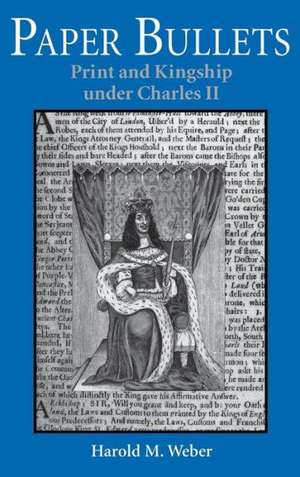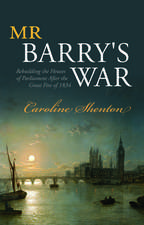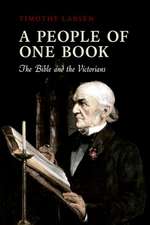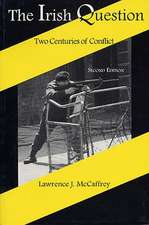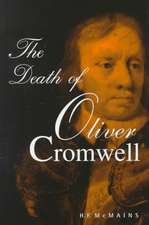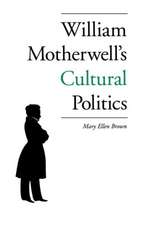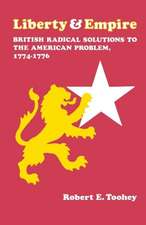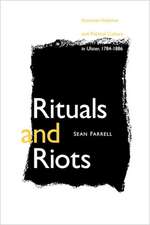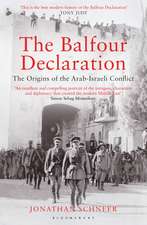Paper Bullets
Autor Harold Weberen Limba Engleză Hardback – noi 1995
The calculated use of media by those in power is a phenomenon dating back at least to the seventeenth century, as Harold Weber demonstrates in this illuminating study of the relation of print culture to kingship under England's Charles II. Seventeenth-century London witnessed an enormous expansion of the print trade, and with this expansion came a revolutionary change in the relation between political authority -- especially the monarchy -- and the printed word.
Weber argues that Charles' reign was characterized by a particularly fluid relationship between print and power. The press helped bring about both the deconsecration of divine monarchy and the formation of a new public sphere, but these processes did not result in the progressive decay of royal authority. Charles fashioned his own semiotics of power out of the political transformations that had turned his world upside down.
By linking diverse and unusual topics -- the escape of Charles from Worcester, the royal ability to heal scrofula, the sexual escapades of the "merry monarch," and the trial and execution of Stephen College -- Weber reveals the means by which Charles took advantage of a print industry instrumental to the creation of a new dispensation of power, one in which the state dominates the individual through the supplementary relationship between signs and violence.
Weber's study brings into sharp relief the conflicts involving public authority and printed discourse, social hierarchy and print culture, and authorial identity and responsibility -- conflicts that helped shape the modern state.
Preț: 311.99 lei
Nou
59.71€ • 62.10$ • 49.29£
Carte tipărită la comandă
Livrare economică 14-28 aprilie
Specificații
ISBN-10: 0813119294
Pagini: 304
Dimensiuni: 161 x 237 x 27 mm
Greutate: 0.62 kg
Ediția:New.
Editura: University Press of Kentucky
